Today (March 7, 2025) marks what would’ve been the 80th birthday of Arthur Lee, frontman of the acclaimed 1960s rock band Love. Lee died from complications of leukemia on August 3, 2006, at age 61.
Videos by American Songwriter
Lee, an eccentric, charismatic, and mercurial artist, founded Love around 1965. The band was one of the few mixed-race groups to emerge from the 1960s Los Angeles scene. The group offered an eclectic blend of folk-rock, garage-rock, baroque pop, blues, R&B, psychedelia, and jazz influences. Lee was the group’s lead singer, main songwriter and, sometimes, rhythm guitarist.
Love influenced many contemporary artists, including The Doors and a young Robert Plant.
Love enjoyed little chart success, although they scored a minor 1966 hit with a cover of the Burt Bacharach-Hal David tune “My Little Red Book,” leading to an appearance on American Bandstand.
The group reached its creative peak with its third studio album, Forever Changes. The 1967 album offered a masterful blend of styles, with some tunes augmented by strings, and lyrics that reflected the political upheaval and revolutionary cultural changes of the time.
Following Forever Changes release, drug issues and other conflicts led to Lee forming a new Love lineup that featured a heavier acid-rock sound. In the early 1970s, Love also explored funk sounds, although the group only recorded sporadically after that due to Lee’s drug and mental health struggles.
After serving a five-year prison sentence from 1996 to 2001 because of a firearms offense, Lee made a late-career comeback. Backed by the L.A. band Baby Lemonade, Arthur toured frequently before his death. Some shows featured Forever Changes performed in its entirety, with a string and horn section.
In commemoration of Lee’s milestone birthday, here are four great songs he recorded with Love:
“7 and 7 Is” (1966)
“7 and 7 Is” is a hard-driving garage-rock tune that appeared on Love second album, Da Capo. The tune was the only song by the band ever to reach the Top 40 of the Billboard Hot 100. It peaked at No. 33 in September of 1966.
Considered by some to be one of the first-ever punk-rock songs, “7 and 7 Is” features shouted, surreal lyrics and a galloping, incessant drum beat. The track ends with the sound of an atomic explosion, followed by a slow blues-guitar outro.
“7 and 7 Is” has been covered by a number of other well-known rock acts, including Alice Cooper, the Ramones, Rush, and Deep Purple.
“Alone Again Or” (1967)
“Alone Again Or” is perhaps Love’s best-known song. The tune, which is Forever Changes’ lead track, was written by the band’s then-rhythm guitarist, Bryan MacLean.
Lee and MacLean shared lead vocal duties on the song, although Arthur’s voice is more prominent in the mix. “Alone Again Or” features flamenco influences, induing delicate acoustic guitar and soaring horns and stings.
The song has been used in a number of films and TV shows, including the 1996 movies Bottle Rocket and Sleepers, and Netflix series Russian Doll.
“Alone Again Or” also has been covered by some noteworthy musicians, including The Damned, UFO, Calexico, and as a duo by Matthew Sweet and Susanna Hoffs.
“You Set the Scene” (1967)
“You Set the Scene,” the closing track on Forever Changes, is could be viewed as Lee’s magnum opus. The epic psychedelic-folk tune features multiple sections and tempo changes, as well as breathtaking horn and string parts.
Lyrically, the song finds Lee reflecting on life, death, love, and the state of the world. In a 1981 interview with Creem magazine, Lee admitted that the songs he wrote for Forever Changes were “his last words to the world,” because he believed he was going to die at the time.
With “You Set the Scene,” it seemed like Arthur was trying to craft the perfect final statement.
“Five String Serenade” (1992)
“Five String Serenade” was a delicate love ballad written by Lee and recorded with a later lineup of Love. The rarity was first released in France in 1992.
The best-known version of the song was recorded by Mazzy Star and featured on that band’s hit 1993 album So Tonight That I Might See.

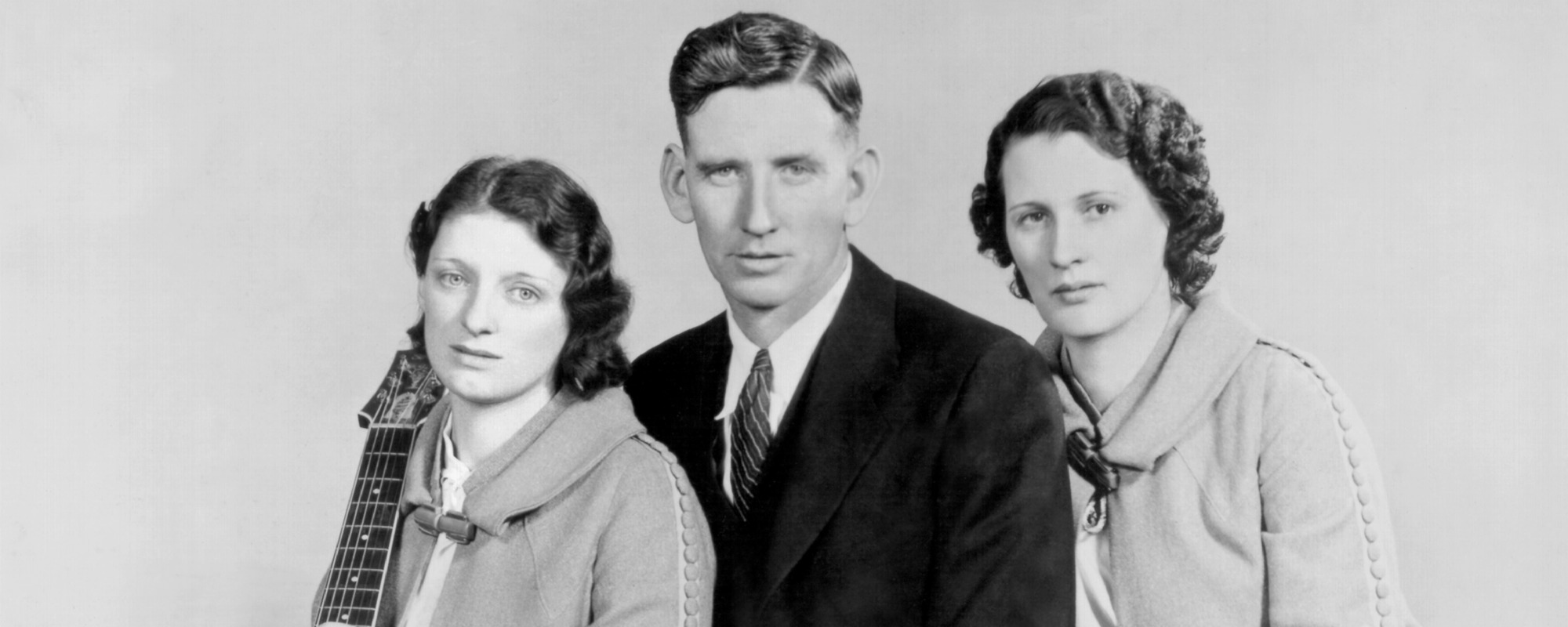
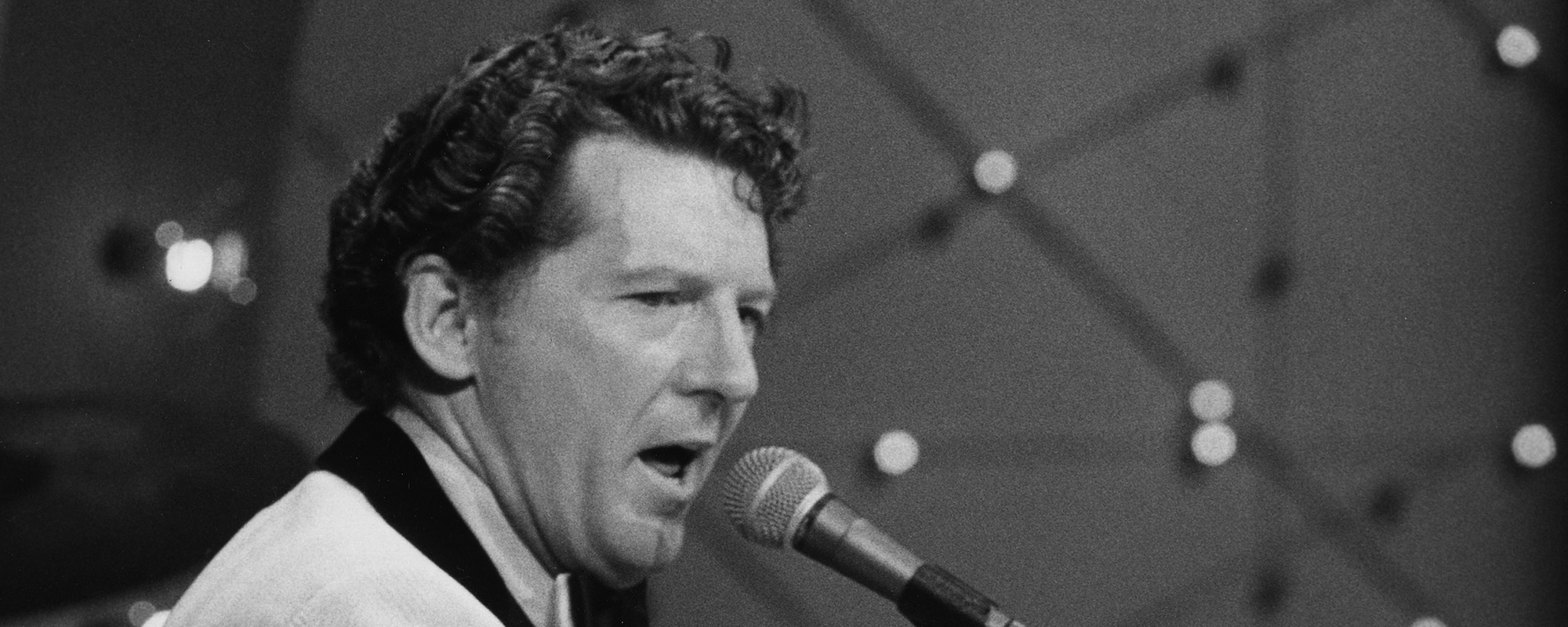
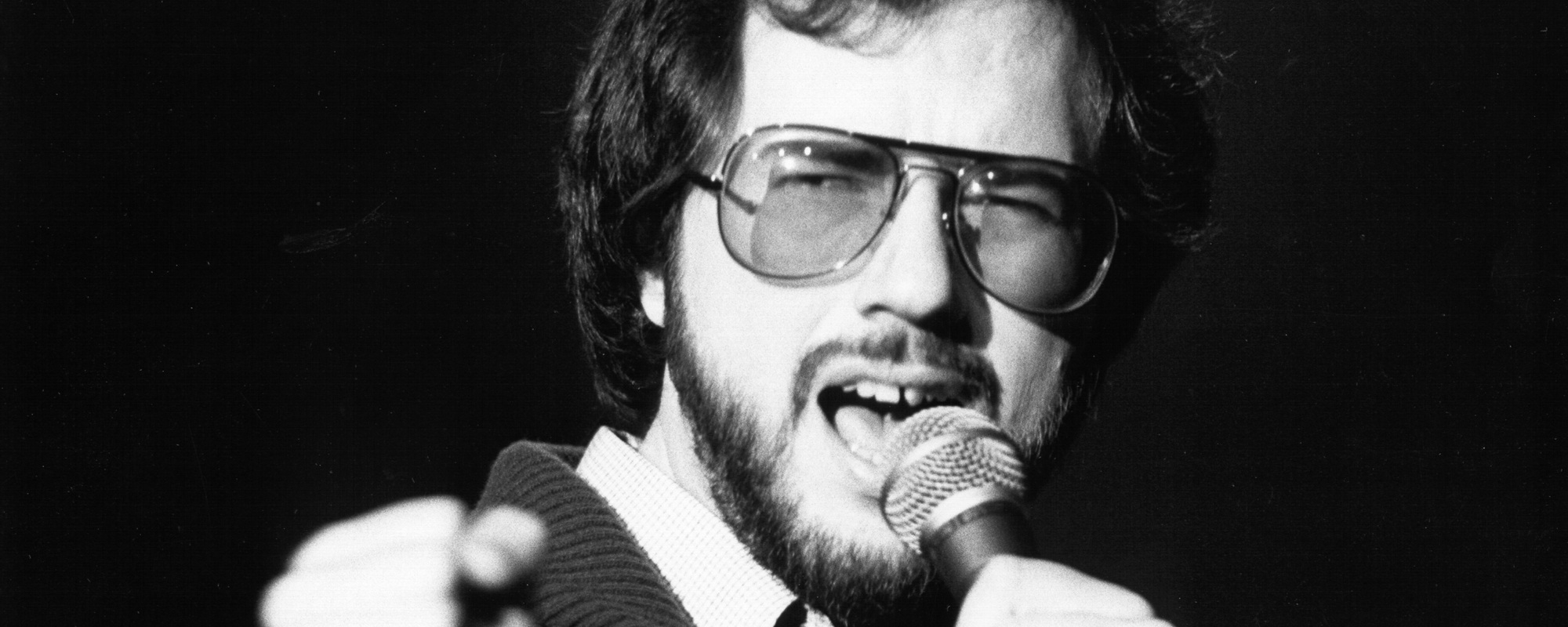

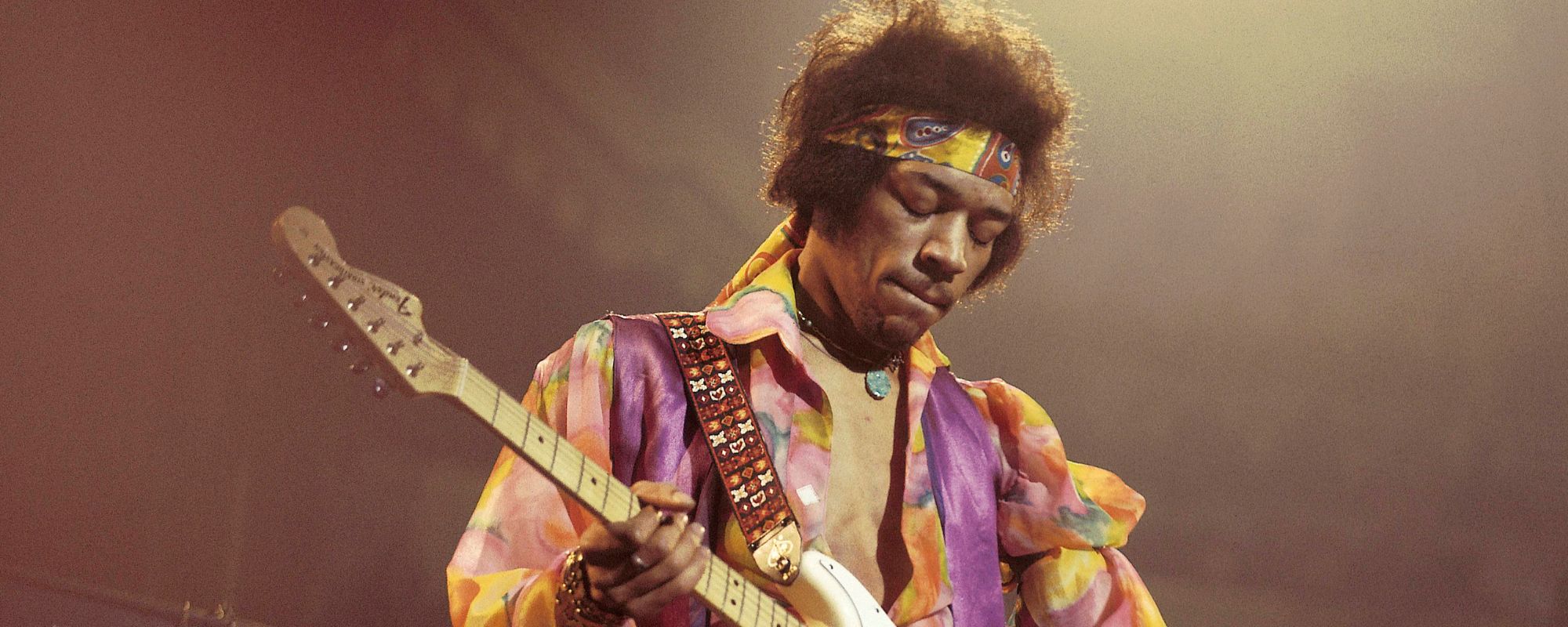
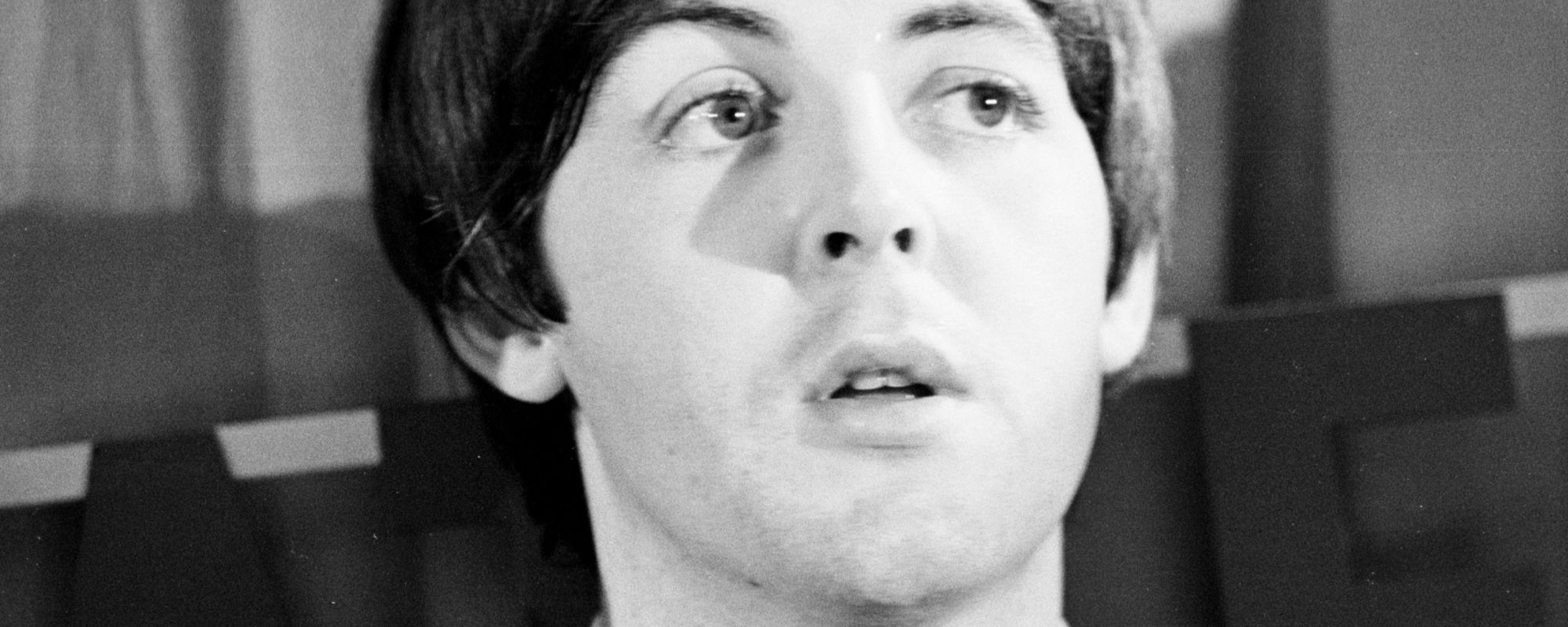




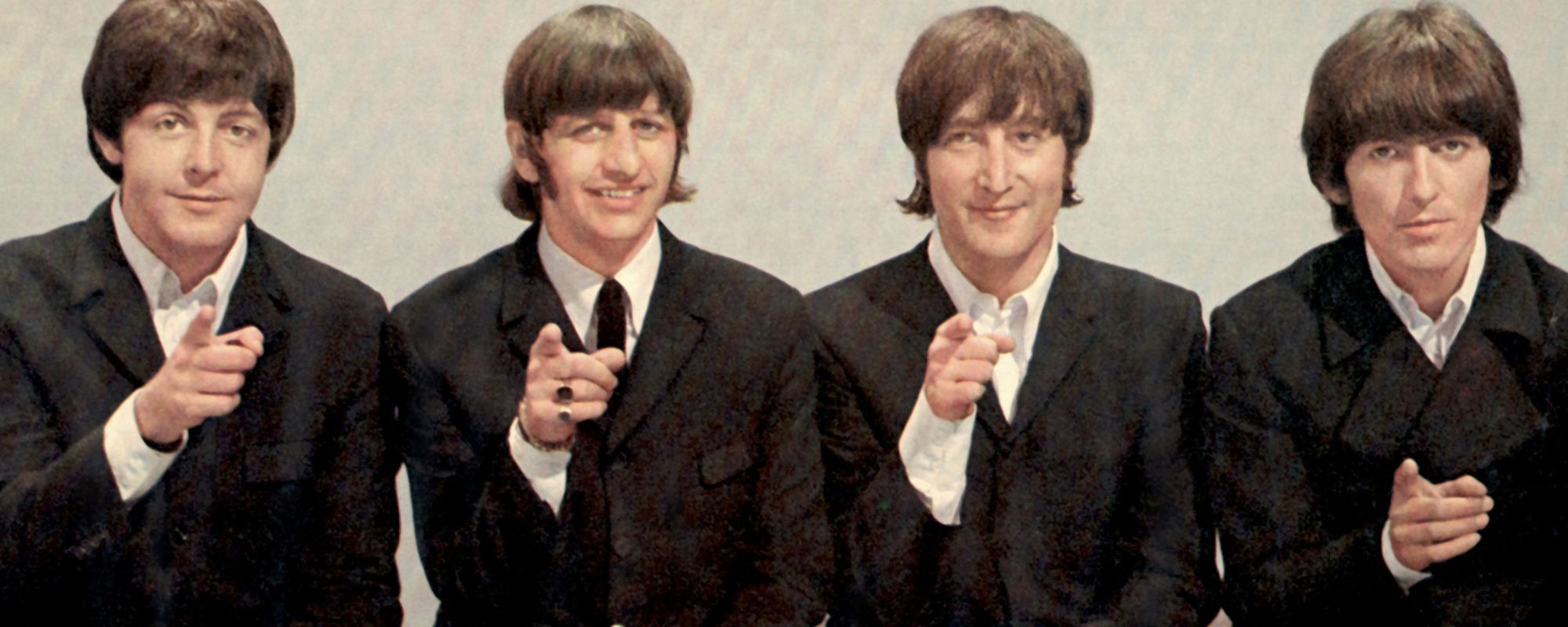
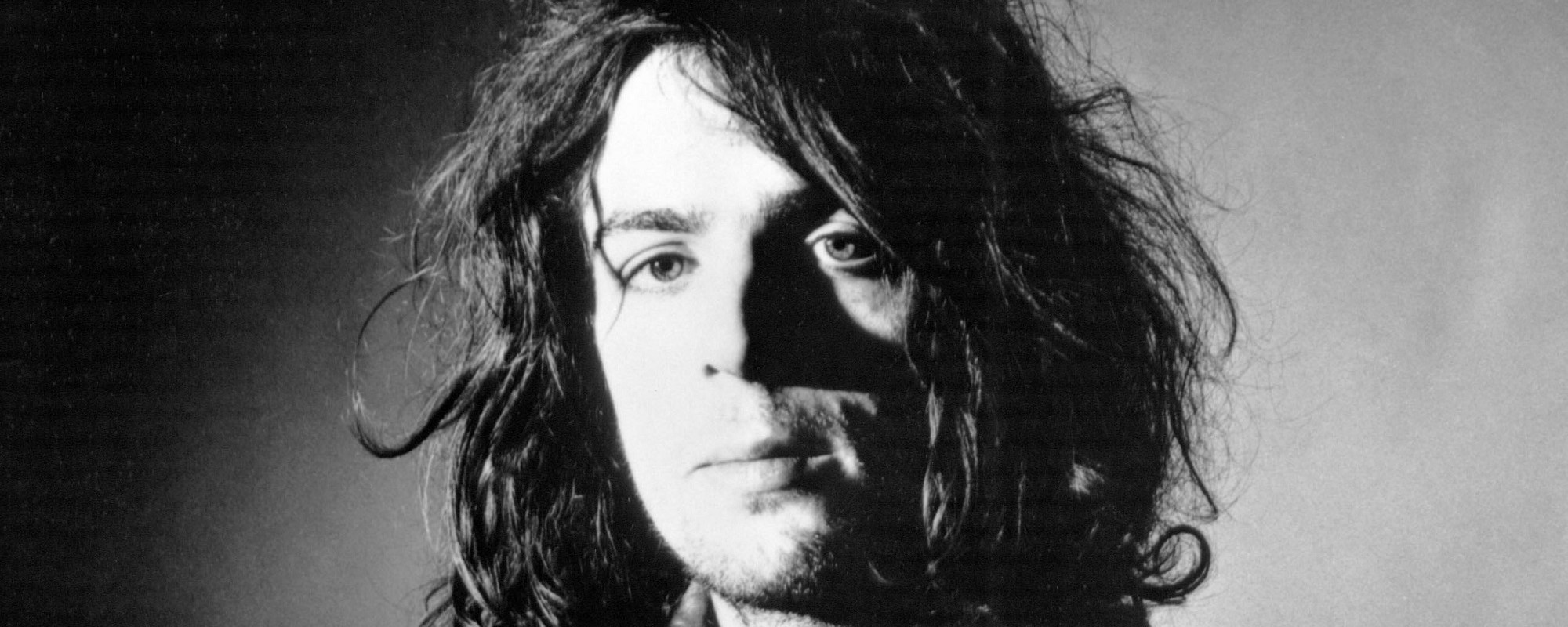
Leave a Reply
Only members can comment. Become a member. Already a member? Log in.